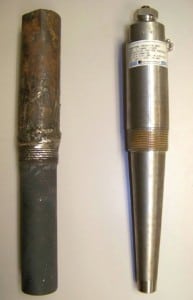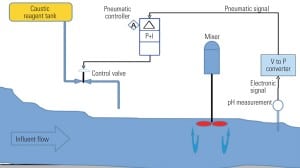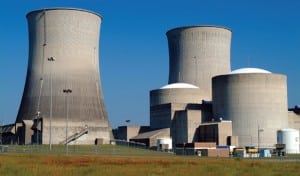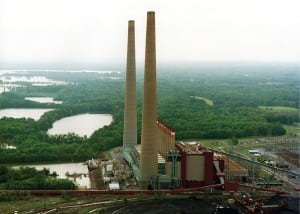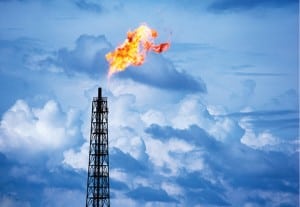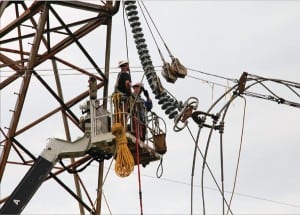Features
-
Instrumentation & Controls
Thermocouple Response Time Study for Steam Temperature Control, Part II
Mismatched or poorly maintained temperature sensors and thermowells can cause an often-unrecognized error in steam temperature measurement. The problem is often recognized only when sluggish steam temperature response times are noticed. Recent tests suggest some simple ways to resolve the problem.
-
Environmental
Sediment Pond Effluent pH Control
Many power plants have sediment retention ponds that require control of pH for the effluent. The following guidelines for fossil plant sediment pond pH control will help you design a robust system while staying within budget.
-
Coal
Navigant Announces Coal-Fired Generation Operational Excellence Awards
Navigant’s Operational Excellence Awards are presented annually to those North American coal-fired generation plants that have demonstrated excellence in cost-efficient reliable plant performance over the preceding five-year period. The data used to select the winners derives from Navigant’s Generation Knowledge Service fossil database.
-
Nuclear
Too Dumb to Meter, Part 7
As the book title Too Dumb to Meter: Follies, Fiascoes, Dead Ends, and Duds on the U.S. Road to Atomic Energy implies, nuclear power has traveled a rough road. In this POWER exclusive, we present the 11th, 12th, and 13th chapters, “The Atomic Earth-Blaster,” “Chariot Swings Down to Alaska,” and “Sedan Side Trip to Nevada— the first three chapters of the “Eddie Teller’s Exploding Ambitions” section.
-
Grading My 2012 Industry Projections
It’s that time of year again. At the end of each year I am forced to revisit predictions I made a year ago in my “Speaking of Power” editorial and accept your kudos for my stellar soothsaying or blame shift when my guesswork falls short.
-
Coal
Slow Growth Ahead—with Unexpected Flares of Activity
North American shale gas was supposed to realign the generation fleet here and abroad (thanks to anticipated exports) far into the future. Turns out, that’s not exactly how the near term is shaping up. Despite stagnant (and even putrid) economies and legislative bodies in the U.S. and EU, there promises to be sufficient market volatility to keep everyone alert.
-
Coal
Coal Battered Early, Later Rebounds
For the first time, U.S. generation from coal and natural gas was equal in 2012, although just momentarily. Gas dominated early in the year, but as gas prices rose in response to supply and demand forces, coal use rebounded. Expect more of the same give-and-take in 2013.
-
Gas
Natural Gas–Fired Plants Continue Rollercoaster Ride
The availability and low price of natural gas enticed many U.S. utilities to fuel switch on a grand scale in 2012. Increased demand has put upward pressure on prices, moving coal back to the top of the dispatch order in some regions. Expect the price momentum to shift often in 2013.
-
History
The Russian Power Revolution
Exports of natural resources have given Russia increased global political and economic clout. But domestically, the world’s fourth-largest generator of electricity has had to embark on the most ambitious reforms ever undertaken to modernize dilapidated Soviet-era power infrastructure and incentivize a massive capacity expansion to support a revived economy.
-
Instrumentation & Controls
The Electric Grid: Civilization’s Achilles Heel?
Solar flares have proven destructive effects on transmission grids, but there are many other “black swan events” that threaten modern civilization. Experts disagree about which protective steps should be taken today.

